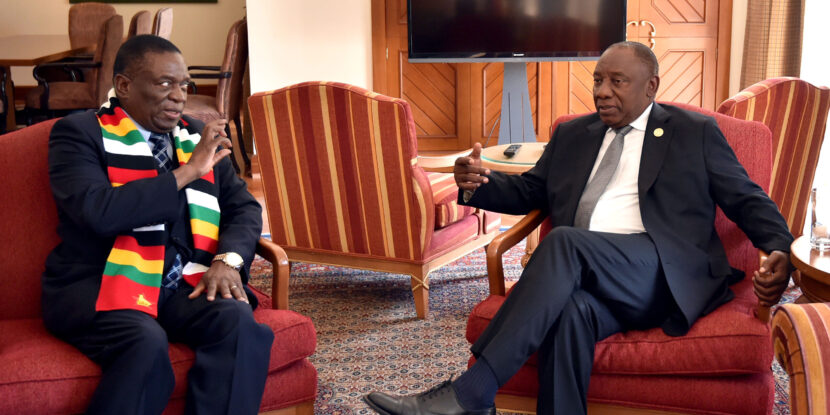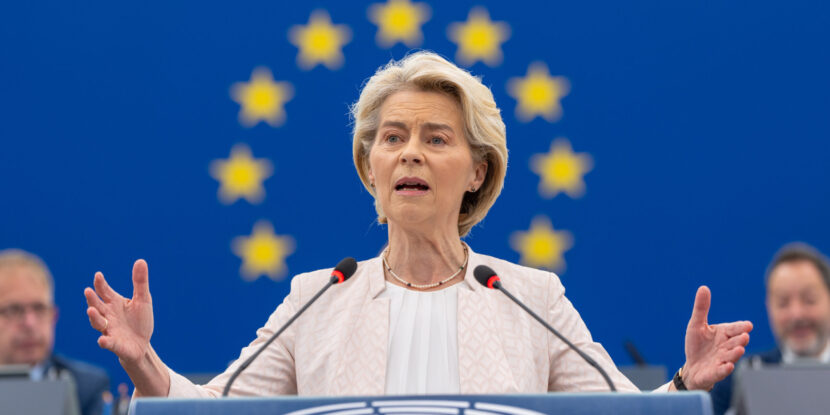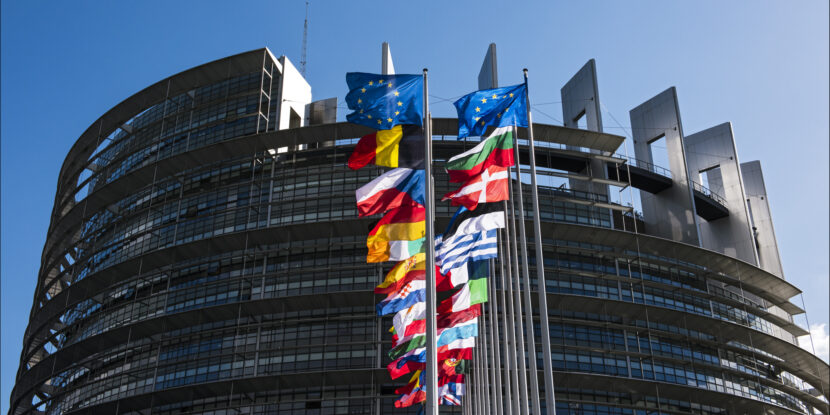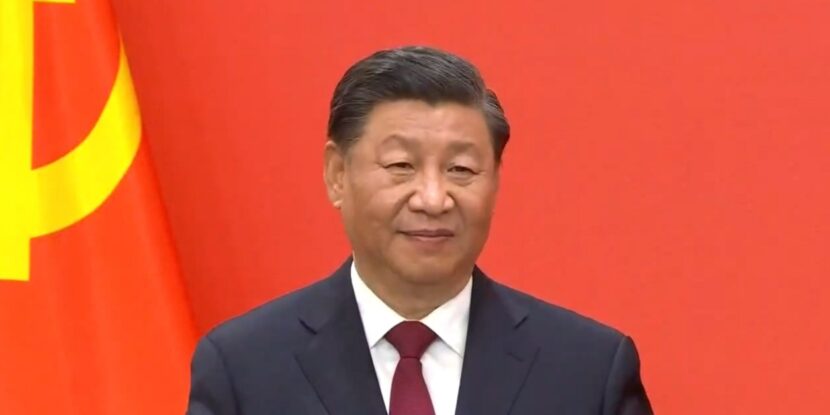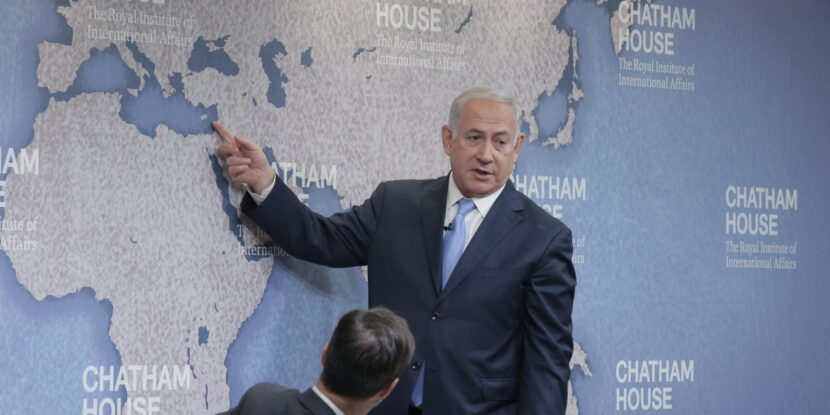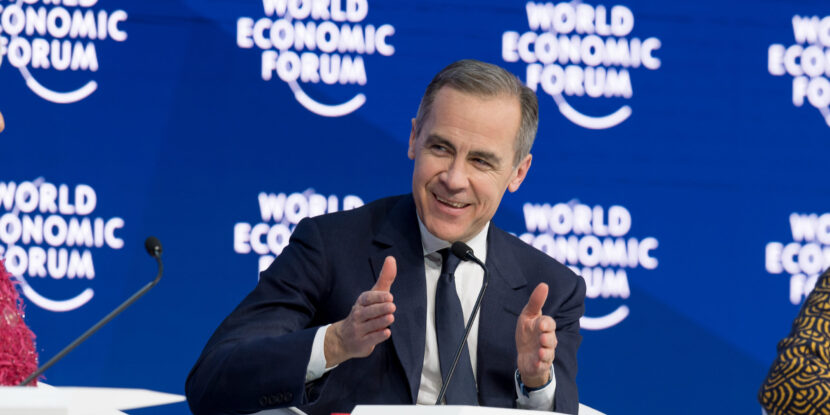PULSE POINTS:
❓What Happened: A 15-year-old boy has been killed in Hamburg, Germany, after being thrown from the eighth floor of a 14-story high-rise by a group of Syrian men who forced their way into his apartment.
👥 Who’s Involved: The victim was a 15-year-old Iraqi boy; according to Hamburg police. His attackers were four Syrian teenagers and young men (16, 17, 20, 20) and a 22-year-old Iraqi woman.
📍 Where & When: Hamburg, Germany, last night.
💬 Key Quote: “The bad thing is that children are growing up in Hamburg (and not only there) who don’t know anything else about life—they will increasingly perceive such conditions as ‘normal.'” — Sven Wendorf, Member of the German Bundestag (parliament).
⚠️ Impact: The home invasion and subsequent murder is the latest violent attack perpetrated by migrants in Germany, which has seen voters flock to the nationalist and populist Alternative for Germany (AfD) party as a result of migrant crime.
IN FULL:
A 15-year-old boy of Iraqi origin fell to his death in Hamburg, Germany, after a group of Syrian migrants forced their way into his apartment and pushed him from the eighth floor of the 14-story building. According to Hamburg police, a group of Syrian teenagers and young men aged between 16 and 20, along with a 22-year-old Iraqi woman, have been detained as suspects in the attack.
Hamburg police state that the attack took place last night, with firefighters and emergency personnel arriving at the Soltauer Ring apartment complex and discovering the victim at around 1:15 AM. First responders attempted emergency resuscitation on the teenage victim; however, according to police, the 15-year-old boy died shortly thereafter.
Witnesses told police that the group of Syrian migrants had forced their way into the teenager’s apartment and that a loud argument ensued. Reportedly, the situation subsequently escalated with the group of Syrian men attacking those present in the apartment, culminating in the 15-year-old boy being pushed to his death. At least three men, aged between 17 and 22, witnessed the attack and provided descriptions of the perpetrators to police.
While the attackers had fled the scene, Hamburg police were able to locate the group of Syrian migrants and the Iraqi woman based on the witness descriptions. After a brief manhunt, police found the suspects traveling in two taxis in Hamburg’s Hammerbrook district.
“The bad thing is that children are growing up in Hamburg (and not only there) who don’t know anything else about life – they will increasingly perceive such conditions as ‘normal,'” said Sven Wendorf, Member of the German Bundestag (parliament), in a post on X (formerly Twitter).
The National Pulse previously reported in March that a vehicle attack left two dead and dozens injured in Mannheim, Germany. Meanwhile, late last year, five people were killed and over 200 injured when a Saudi migrant allegedly plowed a car through a crowd at a Magdeburg, Germany, Christmas market.
show less


